 onlinediplomasales@outlook.com
onlinediplomasales@outlook.com
 WhatsApp: +86 15079964823
WhatsApp: +86 15079964823
where to buy Texas Woman’s University diploma certificate Bachelor’s degree?
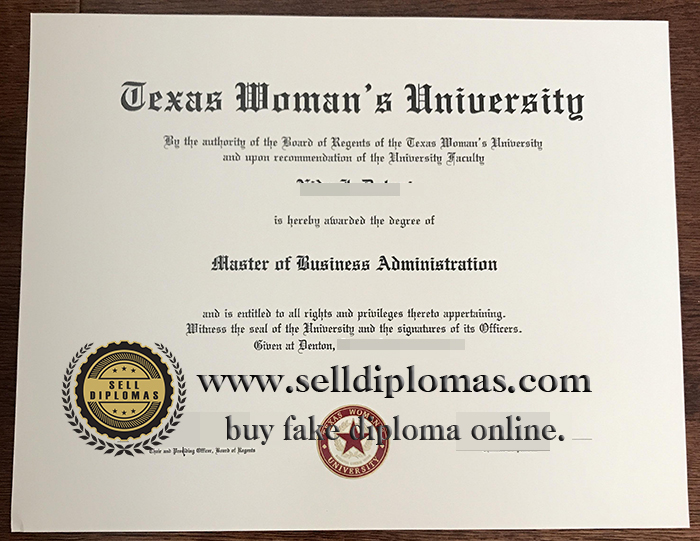
where to buy Texas Woman’s University diploma certificate Bachelor’s degree?how to buy Texas Woman’s University diploma certificate Bachelor’s degree?buy Texas Woman’s University fake diploma certificate Bachelor’s degree
Texas Woman’s University (TWU) is a public coeducational university in Denton, Texas, with two health science center-focused campuses in Dallas and Houston. While TWU has been fully co-educational since 1994, it is the largest state-supported university primarily for women in the United States. The university is part of the Texas Woman’s University System.It offers undergraduate and graduate degree programs in 60 areas of study across six colleges.
In the late nineteenth century, several Texas-based groups (including the Texas Press Women’s Association, the Texas Federation of Women’s Clubs, the Grange, and the Woman’s Christian Temperance Union[8]) began advocating for the creation of a state-supported women’s college focused on a practical education, including domestic skills young women would need to prepare as wives and mothers. In 1901, after the state Democratic Party adopted the idea as a platform in the upcoming election, the college’s establishment was authorized by the Texas Legislature. Originally named the Texas Industrial Institute and College for the Education of White Girls of the State of Texas in the Arts and Sciences, it opened in Denton in 1902 with a class of 186 students and 14 faculty. With three women on its inaugural board of regents, they became the first women to sit on the governing board of a Texas university. The school was soon renamed the Girls Industrial College in 1903 and conferred its first degrees the following year.[9] In 1905, the name changed again to the College of Industrial Arts and expanded its programs to include liberal arts, fine arts, and sciences.
Upon its founding, the school was primarily focused on educating rural and small town women seeking vocational training. Since many areas of the state lacked comprehensive high schools, the first two years of CIA’s curriculum were preparatory; students enrolling with a high school degree were automatically admitted to the college as juniors. With its home extension program and summer school, the school was the first in Texas to offer instruction in home economics, supplying an overwhelming majority of the state’s high school teachers in home economics in the early twentieth century. In 1914, CIA implemented its first four-year college curriculum, and the first bachelor’s degrees were conferred in 1915. By 1929, the college had expanded its programs sufficiently to be accredited by the Southern Association of Colleges and Secondary Schools, the American Association of University Women, and the Association of American Universities, and it began offering its first master’s degrees in 1930. In 1934, the school underwent another name change to the Texas State College for Women (TSCW) to reflect its growing reputation as a premiere institution of higher education for women in the state.
Carine M. Feyten was inaugurated as the second Chancellor and the 11th President of Texas Woman’s University on November 10, 2014. The inaugural theme, “Moving Beyond the Inflection Point: Pioneers for a New Era,” expresses the optimism and determination of the university to reach even greater heights of achievement. Feyten has presided over a third period of significant student growth. Because of the corresponding need for significant facilities expansion, the University had to close down land it previously allowed the community to utilize as a public golf course Another change was moving the student center from Brackenridge Hall (originally the site of the dorm of a same name) into Hubbard Hall, which had originally been built as the central campus dining facility by then President L.H. Hubbard to honor his wife, Bertha Altizer Hubbard
The Denton campus also houses five residence halls, all of which are currently co-educational, including Guinn Hall, the tallest building in Denton.[20] Students classified as freshmen or sophomores, or who are under the age of 21, are required to live in campus housing.



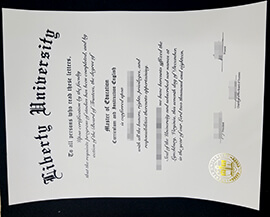
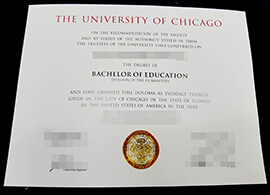
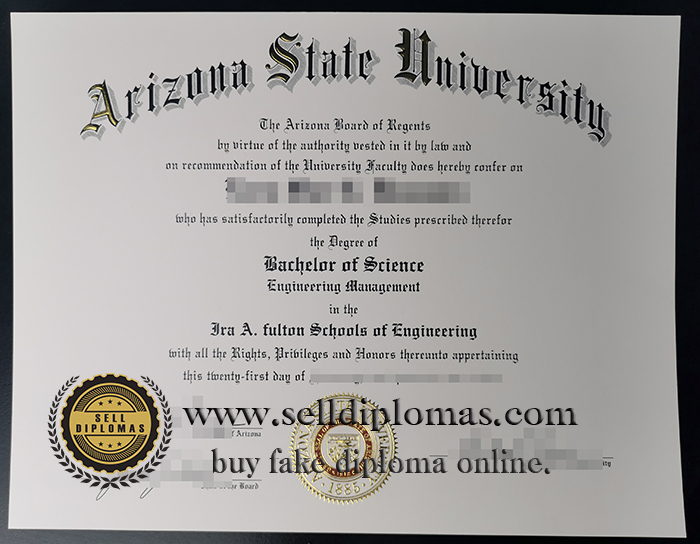
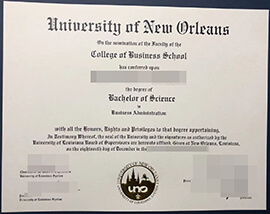

 WeChat Code
WeChat Code  WhatsApp Code
WhatsApp Code